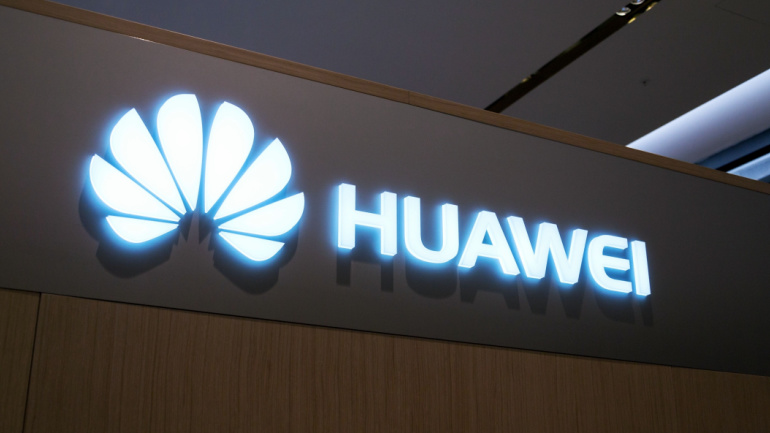
The 2023 Asian Games in Hangzhou, China, witnessed a historic technological exposition. With over 12,000 athletes from 45 counties in attendance at the pandemic’s first significant multi-sport event, the games showcased numerous tech innovations in and out of the competition arena. Noteworthy were the blooming of eSports, the extension of Alipay’s payment service to global bank cards, and the emergence of advanced digital technologies such as AI and VR.
The ‘Big Lotus’ stadium was the centerpiece of these games. A marvel of modern engineering, it displayed an immersive multimedia environment for spectators while maintaining an exceptional user experience. Ground-breaking assurance systems driven by AI and data assets made this possible.
But the true star of the show was an intelligent digital twin solution, named ‘RADICAL,’ developed by Huawei SmartCare team and China Mobile Zhejiang. This solution handled the high 5G traffic at the massive stadium, ensuring a remarkable experience for all attendees.
‘RADICAL’ furnished the means of harnessing real-time data, making decision making a swift process. Huawei’s Smart DataCube integrated data engine provided superior quality, low latency, and consistent data production, ensuring the accuracy of data in a high-pressure environment. This process makes large-scale decision making feasible during dynamic occasions like the Asian Games.
The application of the ‘RADICAL’ solution was not limited to creating a fantastic customer experience. Huawei’s SmartCare solution, acting as the data engine, collected and assimilated data from multiple sources to construct a digital twin, with AI further enhancing business-specific scenarios.
The involvement of Large Language Models (LLMs) in creating the solution went a step further. It converts its capacity of handling massive data sets into a new intelligent platform for user experience management. Whether from smartphones or desktops, accessing relevant information became straightforward and efficient, creating a new paradigm for user experience management.
Owing to their expertise in telecoms and telecoms data, particularly OSS data, Huawei and Zhejiang Mobile successfully used their profound understanding of network behavior to comprehend user segments behavior.
China Mobile and Huawei have taken their innovation a step further and are engaged with the TM Forum on several autonomous operation projects. The Digital Twin for Decision Intelligence (DT4DI), is a notable initiative that plans to establish an industry-standard Decision Intelligence framework. The Huawei strategy incorporates adherence to the DT4DI architecture as it integrates DT and decision intelligence for improved business outcomes.
‘RADICAL’ has potential applications beyond high-profile events like the Asian Games. It can accurately identify tourist behaviors and hotspot areas for live online shopping services, hence, enhancing the user experience in those areas. In high-risk industry scenarios like mining, near real-time IoT data can be applied to digital twin apps, optimizing processes of production, transportation, warehousing, and selling.
The Asian Games assurance exemplifies the powerful capabilities of ‘RADICAL’. Still, it’s worth noting that it is more than just a user experience assurance platform. As the digital economy grows, ‘RADICAL’ can be a pivotal basic data provider for many digital economic activities, thus promoting the development of the digital economy.




